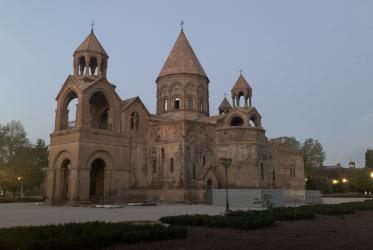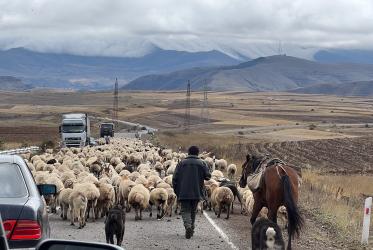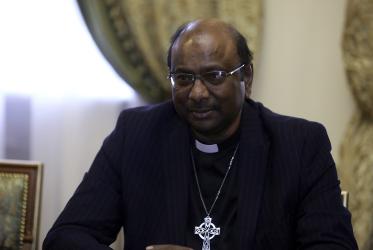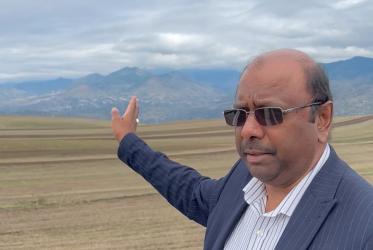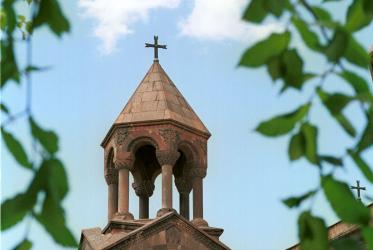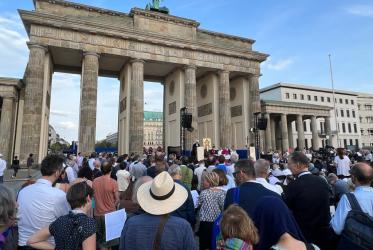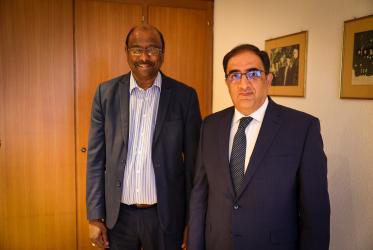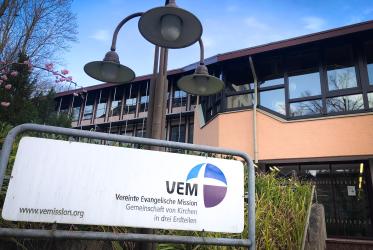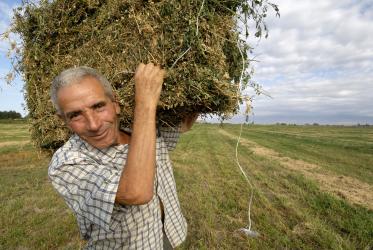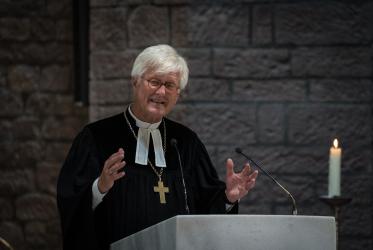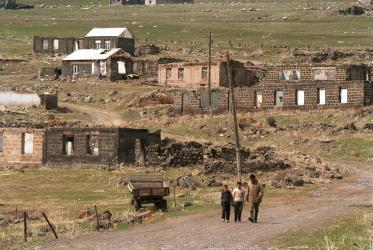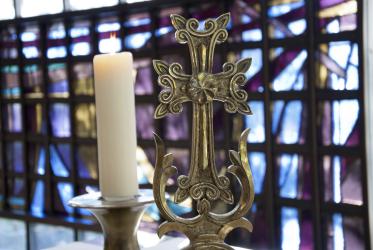Displaying 1 - 20 of 99
WCC delegation witnesses Azerbaijani forces shelling of Armenian enclave
25 September 2023
In Armenia, WCC general secretary speaks for justice
22 September 2023
Ecumenical delegation visits Armenia
19 September 2023
WCC delegation to visit Armenia
15 September 2023
"A world free from nuclear weapons is possible"
11 September 2023
WCC prayer commemorates Genocide Remembrance Day
24 April 2023
Ukraine: Responding to humanitarian need
08 September 2022
WCC releases minute on consequences of the 2020 Nagorno-Karabakh war
08 September 2022

